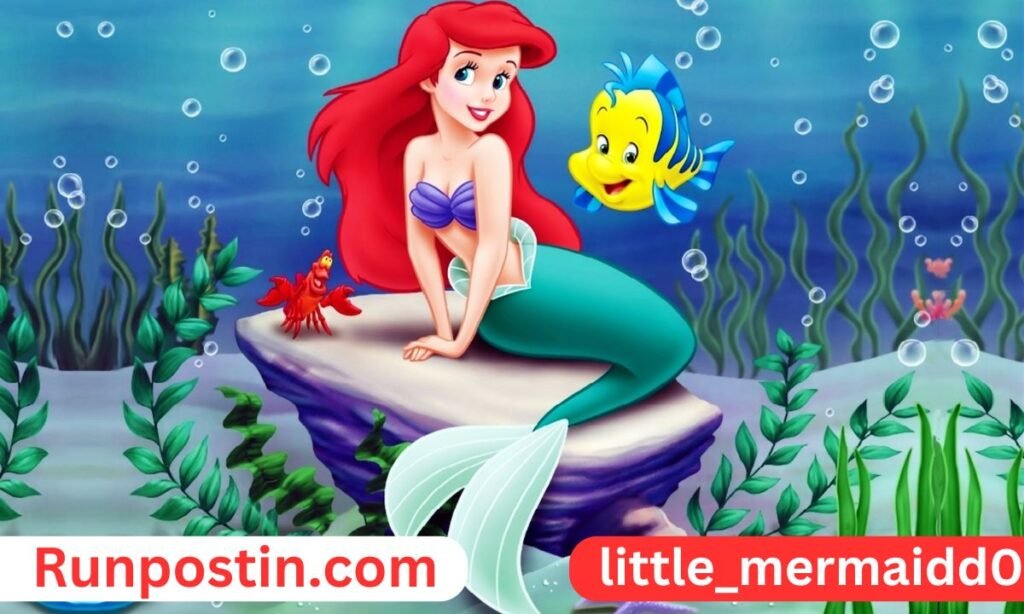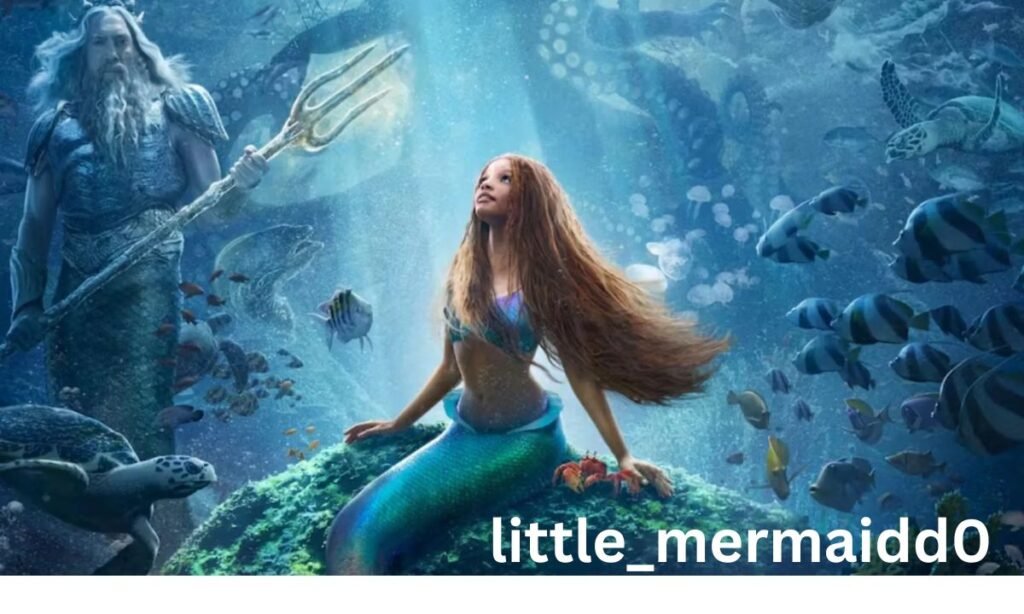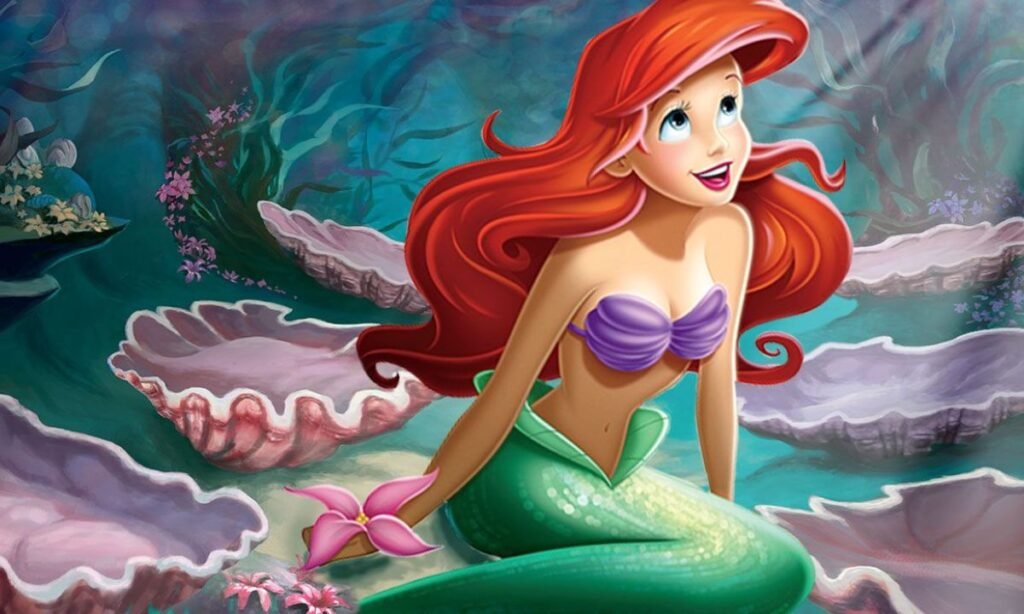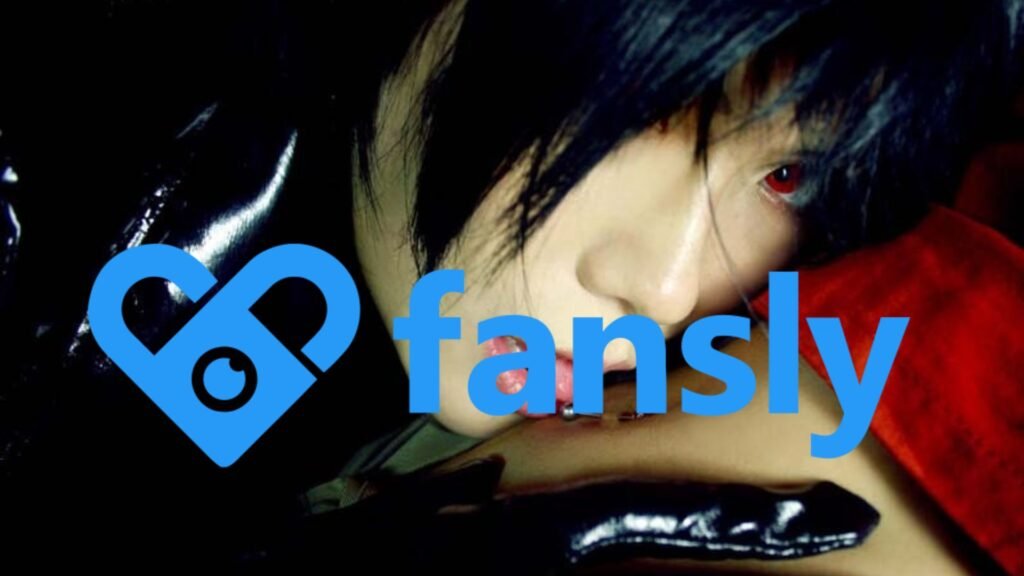The timeless tale of The little_mermaidd0 has captivated audiences for generations. From its origins in folklore to its portrayal in various forms of media, this story continues to enchant people of all ages. In this article, we will explore the rich history, cultural significance, and enduring appeal of The Little Mermaid. We will also delve into the key elements that make this story so beloved, as well as its influence on modern storytelling and popular culture.

The Origins of The little_mermaidd0: A Tale of Transformation and Desire
The little_mermaidd0, originally a fairy tale written by Hans Christian Andersen, was first published in 1837. This classic story tells the journey of a young mermaid who dreams of becoming human after falling in love with a prince. Andersen’s tale is a poignant exploration of themes such as sacrifice, unrequited love, and the pursuit of one’s deepest desires. Unlike the more sanitized versions we see today, the original story had a much darker tone, with the mermaid facing severe consequences for her choices.
Andersen’s Influence on Fairy Tales
Hans Christian Andersen’s work has had a profound impact on the world of fairy tales. His ability to weave complex emotions into simple stories has resonated with readers worldwide. The Little Mermaid, in particular, stands out for its deep emotional resonance and the moral lessons it imparts. It challenges the notion of happily-ever-after, presenting instead a narrative that is both bittersweet and thought-provoking. Andersen’s stories often reflect his personal struggles, and The Little Mermaid is no exception, offering a glimpse into the author’s own experiences with love and loss.
Cultural Impact: The little_mermaidd0 in Film and Media

The story of The little_mermaidd0 has been adapted numerous times, with each version bringing its unique twist to the tale. The most famous adaptation is Disney’s animated film released in 1989. This version of The Little Mermaid introduced Ariel, a spirited and curious mermaid, to a new generation. Disney’s adaptation diverged from the original story, opting for a more family-friendly and optimistic conclusion. However, it retained the core themes of transformation and the desire for a different life.
Disney’s Adaptation: A Game-Changer in Animation
Disney’s The Little Mermaid was a pivotal film in the history of animation. It marked the beginning of the Disney Renaissance, a period during which the studio produced some of its most beloved and commercially successful films. The movie was lauded for its stunning animation, memorable songs, and strong character development. Ariel became an iconic character, embodying the themes of independence and determination. The film’s success also paved the way for future adaptations and inspired a resurgence of interest in fairy tales.
Other Adaptations and Interpretations
Beyond Disney, The Little Mermaid has inspired countless other adaptations, including ballets, operas, and live-action films. Each adaptation offers a different interpretation of the story, highlighting various aspects of the mermaid’s journey. For example, the 1975 Russian film adaptation is known for its faithful adherence to Andersen’s original story, while modern adaptations often explore themes of environmentalism and identity.
The Symbolism of The little_mermaidd0: A Story of Identity and Change

At its core, The Little Mermaid is a story about identity and the lengths one will go to achieve self-fulfillment. The mermaid’s transformation from a sea creature to a human symbolizes the universal desire for change and the pursuit of personal dreams. Her willingness to give up her voice—a key part of her identity—for the chance to be with the prince is a powerful metaphor for the sacrifices we make in pursuit of our goals.
The Mermaid as a Feminist Icon
In recent years, The little_mermaidd0 has been reinterpreted through a feminist lens. Ariel, in particular, is often seen as a symbol of empowerment, representing the struggle for autonomy and self-determination. Her defiance of her father’s wishes and her determination to forge her own path resonate with modern audiences. However, this interpretation is not without its critics, who argue that Ariel’s sacrifices for love reinforce outdated gender norms. This ongoing debate highlights the complexity of The Little Mermaid and its ability to inspire diverse perspectives.
Environmental Themes in Modern Retellings
As environmental concerns have become more prominent, The Little Mermaid has been reimagined to reflect these issues. Many contemporary adaptations focus on the ocean’s degradation and the impact of human activity on marine life. These versions of the story emphasize the importance of environmental stewardship and the interconnectedness of all life forms. By framing the mermaid’s story within the context of environmentalism, these adaptations bring a fresh perspective to a classic tale.
The Enduring Appeal of The little_mermaidd0

The little_mermaidd0 continues to captivate audiences because it speaks to universal human experiences. The themes of longing, sacrifice, and transformation are relatable, making the story timeless. Whether through the lens of love, identity, or environmentalism, The Little Mermaid remains relevant and meaningful to each generation.
A Story That Evolves with Time
One of the reasons for The little_mermaidd0 enduring popularity is its ability to evolve with the times. Each adaptation brings something new to the table, ensuring that the story remains fresh and engaging. This adaptability is a testament to the richness of Andersen’s original tale, which provides a foundation for endless reinterpretation and exploration.
The Future of The Little Mermaid
As we look to the future, The little_mermaidd0 will undoubtedly continue to inspire new stories and adaptations. Whether through film, literature, or other forms of media, the mermaid’s tale will persist as a powerful symbol of transformation and the human spirit’s resilience.
Also Read More:
What is Fansly? And is it Actually Better Than OnlyFans
Share To Help
